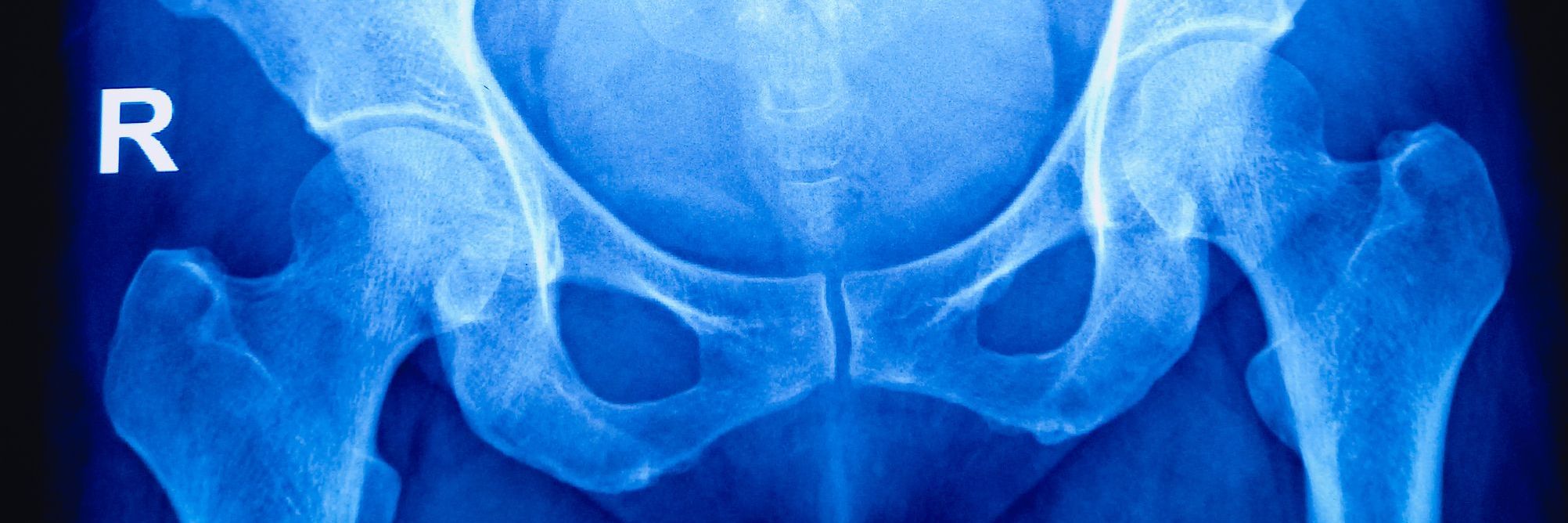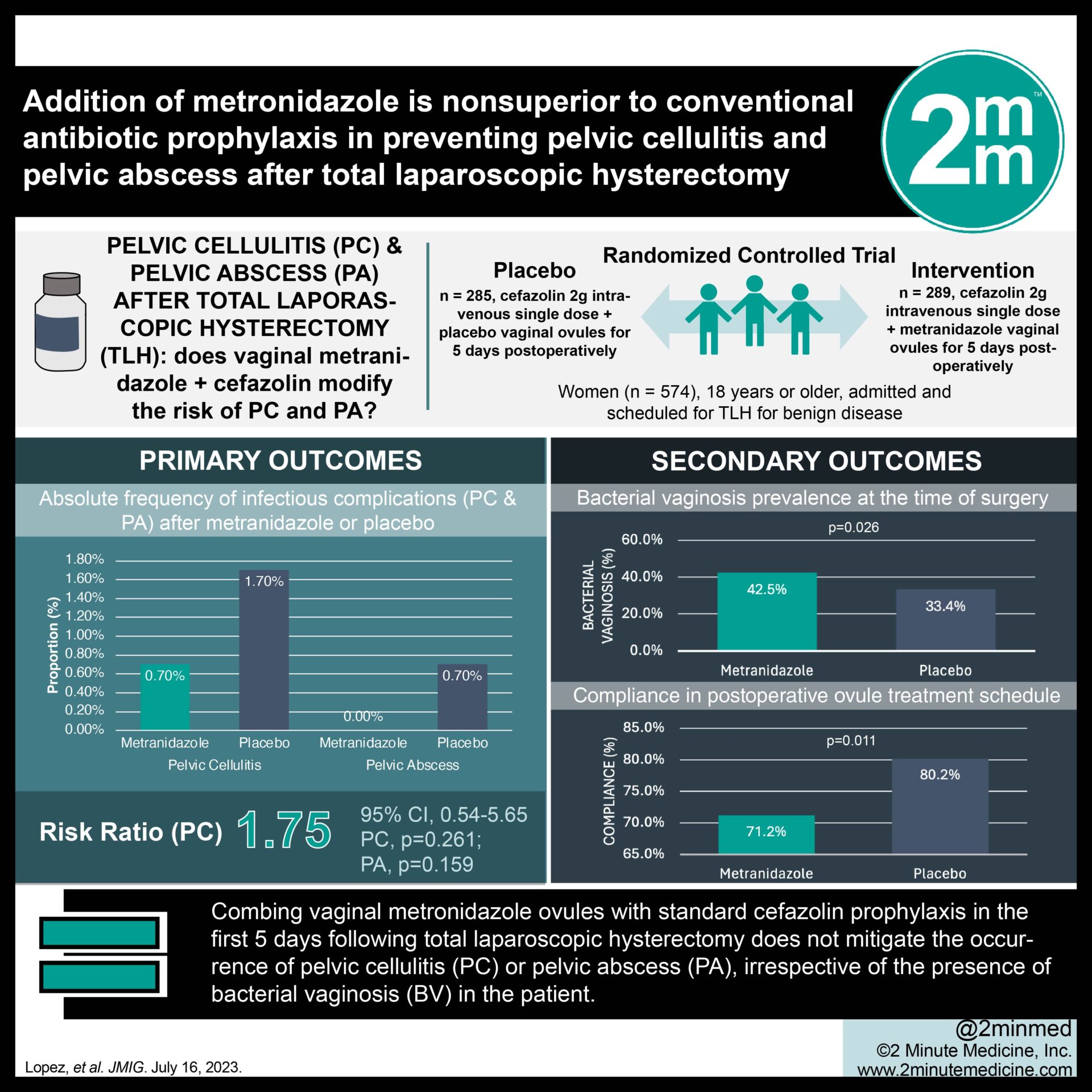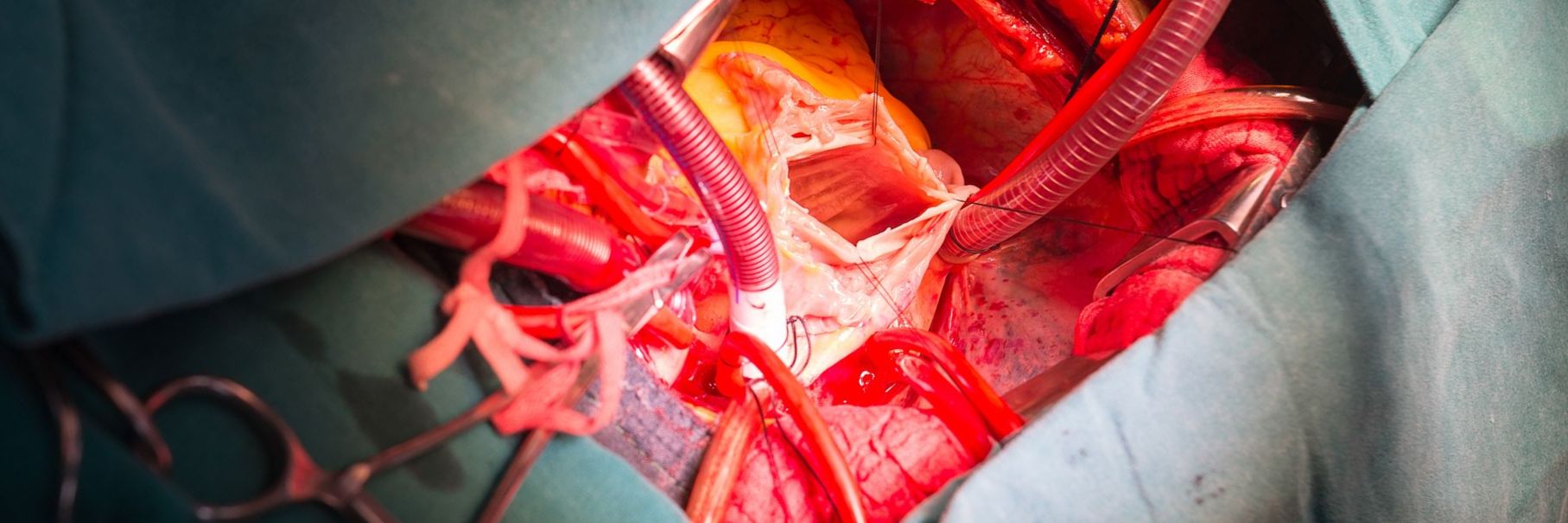The response to cardiac resynchronization therapy (CRT) is suboptimal in one-third of patients.
The study aimed to evaluate the impact of sleep-disordered breathing (SDB) on the CRT-induced left ventricular (LV) reverse remodeling and response for CRT in patients with ischemic congestive heart failure (CHF).
A total of 37 patients aged 65.43 years (SD 6.05), seven of whom were females, were treated with CRT according to class I European Society of Cardiology recommendations. Clinical evaluation, polysomnography, and contrast echocardiography were performed twice during the six-month follow-up (6M-FU) to assess the effect of CRT.
In 33 patients (89.1%), sleep-disordered breathing (SDB), predominantly central sleep apnea (70.3%) was observed. This include nine patients (24.3%) with an apnea-hypopnea index (AHI) of >30 events/hour. During the 6M-FU, 16 patients (47.1%) responded to CRT by reducing LV end-systolic volume index (LVESVi) by ≥15%. We stated a directly proportional linear relationship between AHI value and LV volume: LVESVi p = 0.004, and LV end-diastolic volume index p = 0.006.
Pre-existing severe SDB can impair the LV volumetric response to CRT even in an optimally selected group with class I indications for resynchronization, which may have an impact on long-term prognosis.
Copyright © 2023. Published by Elsevier Inc.













